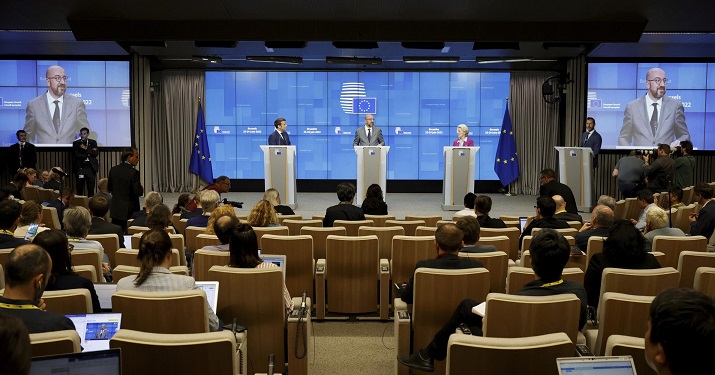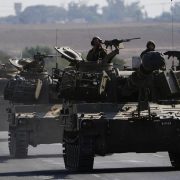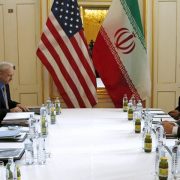
Price caps could be crucial to shorten the war—or at least give a clear sense of where it is going, and thus help everybody to get ready for it.
The drama of the war in Ukraine directly influences European economic plans.
If the war becomes protracted, for an indefinite period beyond one year, then the European Recovery and Resilience Plan (RRP) launched to deal with the consequences of Covid, needs to be revised and rethought.
A second RRP may therefore be needed.
If, conversely, the war ends by the end of winter the RRP may be just adapted in size and setting. This is why in order to be proactive and not just passive in the war led by Moscow, the plan to impose a price cap on Russian gas becomes crucial.
The price cap is a simple idea. Russia basically sells all its gas to Europe. If Europe no longer buys it, Russia cannot sell it to China in the same quantities. China does not have the same gas needs as Europe, and the planned bilateral pipeline will not be completed until 2026. Moreover, since the beginning of the war China has halved its overall trade with Russia for fear of running afoul of US sanctions.
If Moscow does not sell its gas to Europe then it can only burn it or shut down the extraction plants, both difficult, polluting, and expensive decisions.
In recent weeks, Moscow has cut supplies, which sent prices soaring. Russia has then made more money or the same by selling less.
But faced with the choice of a fixed European price, Russia can only choose to sell—and still make a profit that finances its military and its sanctions-battered economy—or to shut down the supplies. Europe has months of gas reserves; how long can Russia endure without euros? The war would be getting much more difficult.
Even beyond any practical effect on controlling the trend of inflation and interest rates in Europe, a cap on the purchase price of Russian gas gives the EU a temporal and programmatic dimension for the European and global economy. Energy and commodity prices are the main driver of inflation and thus differing interest rates on national treasury bonds in Europe. A clear picture of price trends here, the largest economic area in the world, then also impacts inflation in every country and also in the US.
If Russia accepts a price cap on gas then Europe, the US and the world can plan in a certain way. If conversely Russia does not accept the set prices and shuts off all gas supplies to Europe, the EU can plan differently. In either case there is a clear picture, which is better than the present confusion
Then here is the important purpose of price caps: It serves to clarify the direction the European and global economy should go in the coming years.
The question is in fact, will there be a need for another RRP? And how will it have to be constructed? It depends on the course of the war.
That is why it is important that the direction of this course is not in Moscow’s hands.
There may be fears in Germany or in other countries of a shock imposed by Russia with a possible drastic cut in supplies, and this would radically change the whole setup of the German and European economy.
But precisely because of the dramatic nature of the decision it is necessary to be in control and not be subject to the decisions of others—in this case, a clearly hostile country like Moscow.
Such a decision, of course, would also impact the war. At long last, it would be clearer what kind of support the European Union must and can give to Ukraine.
If Russia indeed cuts off all supplies, then every obstacle to European arms supplies is also removed, and this in turn could lead to a quicker resolution of the war, or perhaps to an escalation. But, in any case, the political “guidance” of the war shifts from Moscow to a Euro-Atlantic alliance.
The hope, of course, is that greater Euro-Atlantic firmness and coherence will convince Moscow that its room for political maneuvering around the war in Ukraine is becoming increasingly limited, and therefore a peace negotiation needs to be advanced more quickly.
In fact, at this point the issue is not how to save Ukraine but how to save Russia. The real fear is that a political defeat such as the current one, beyond a possible military defeat, will trigger a deep crisis that destabilizes the very unity of Russia.
This would cause huge global political damage and would increase economic and political instability at a time of tension around China.
Indeed, it is necessary to save Russia from itself.
That is why Europe’s indecisive moves and hesitations do not help. They rather harm Europe, the world, and Russia.





